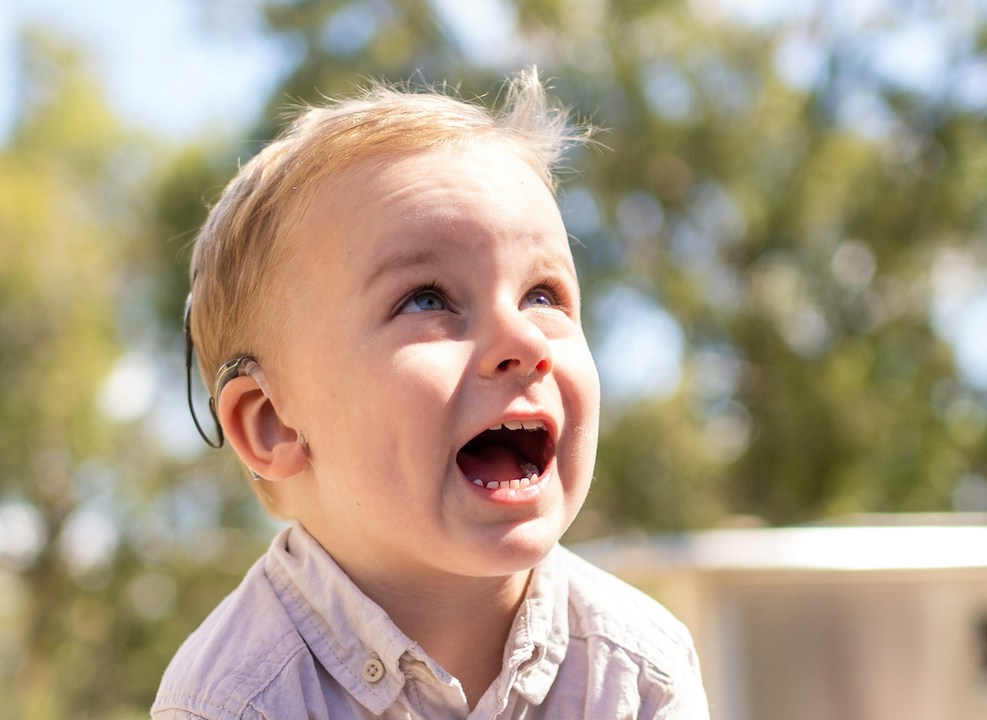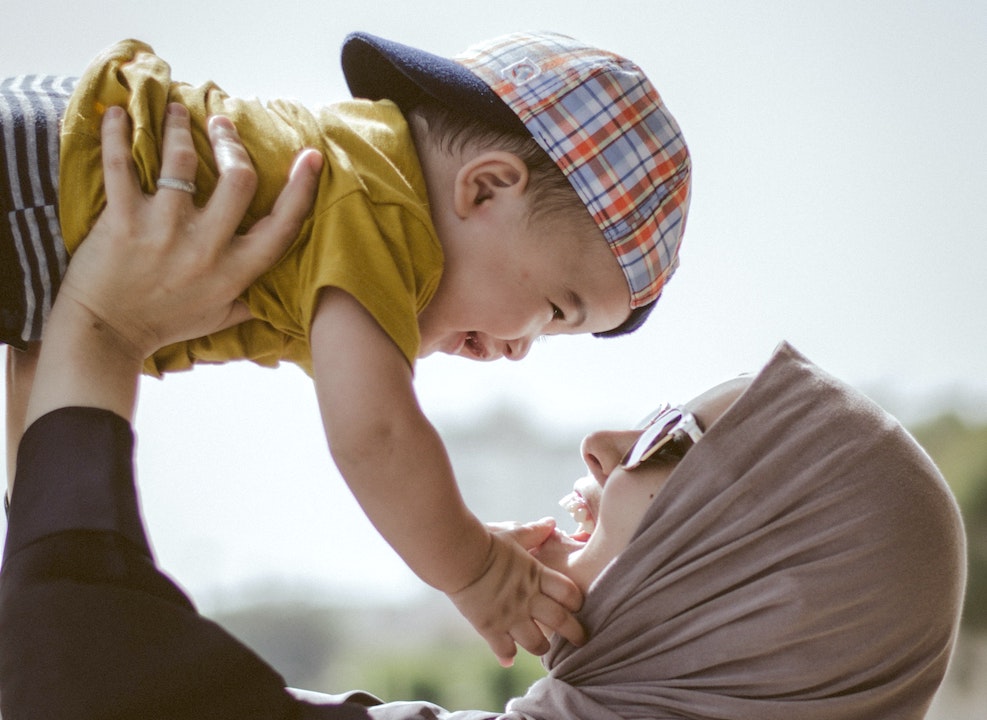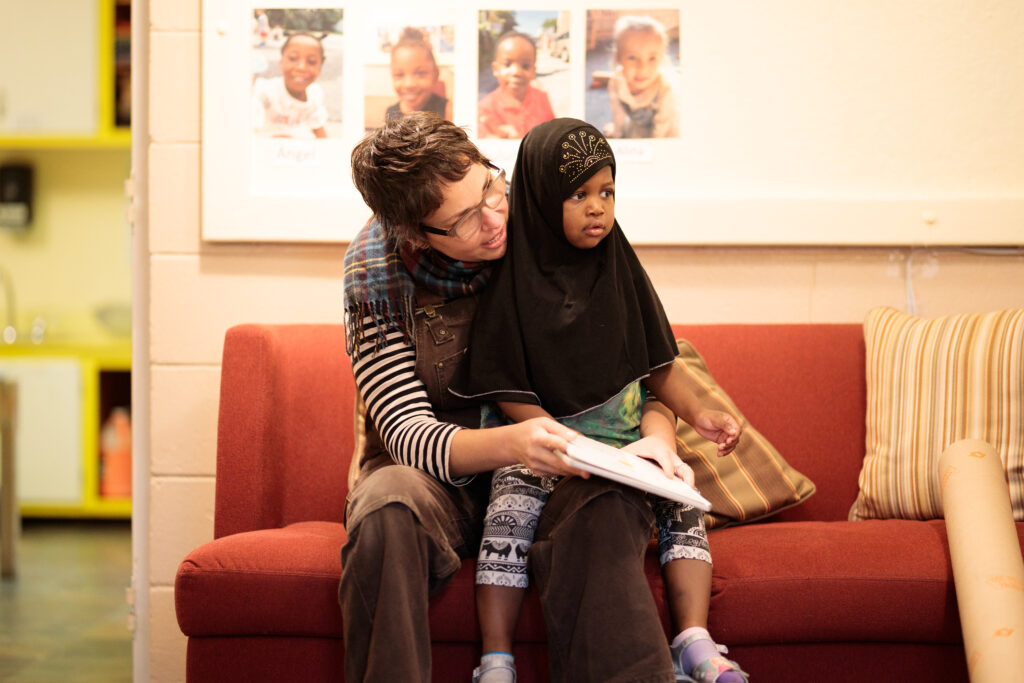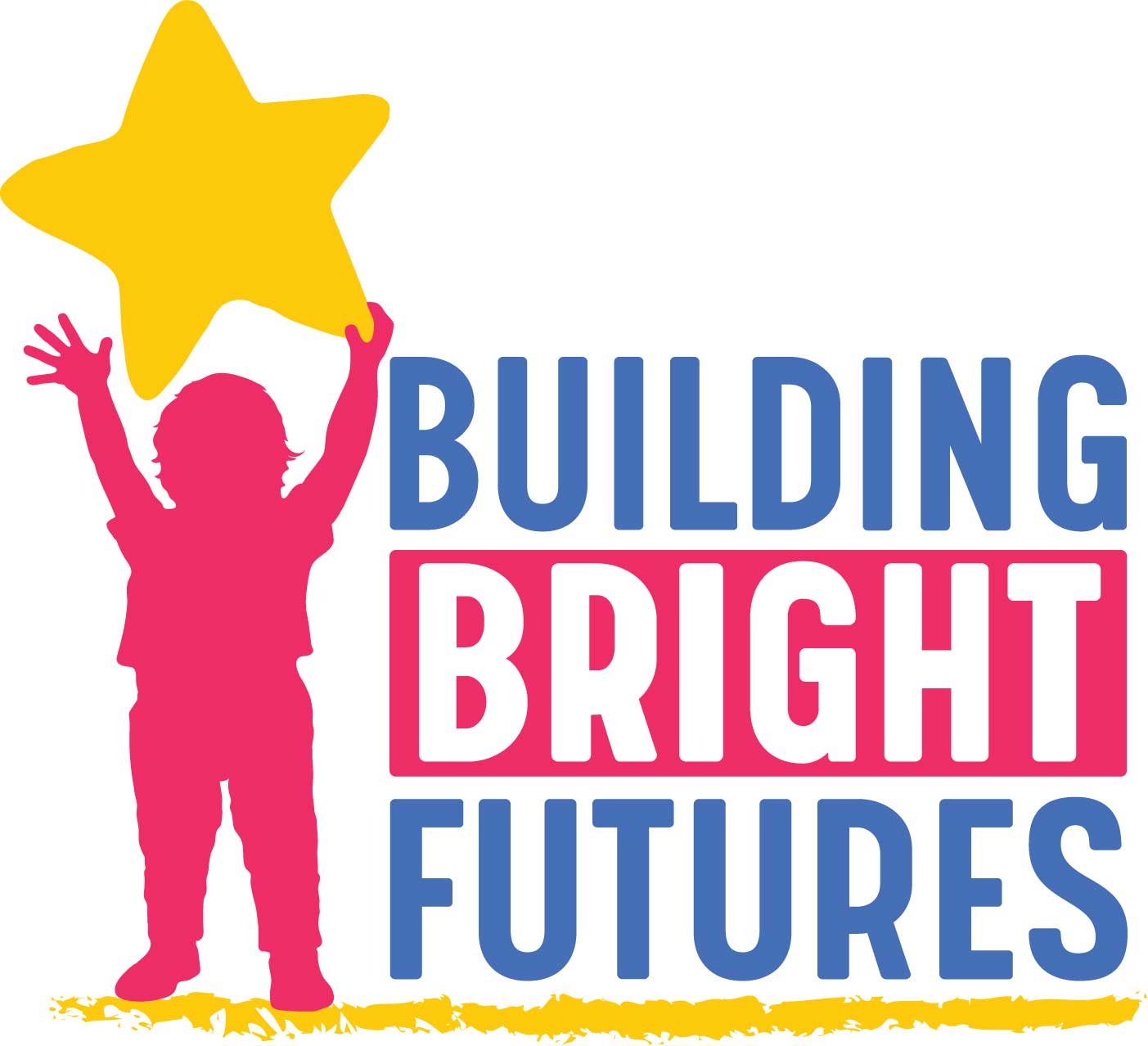Building Bright Futures (BBF) is Vermont’s Early Childhood State Advisory Council Network.
Our Mission: To improve the well-being of children and families in Vermont by using evidence to inform policy and by bringing voices together across sectors and within regions to discuss critical challenges and problem-solve.
Building Bright Futures (BBF) is charged under state and federal statute as the primary advisor to Vermont’s Governor, Administration, and Legislature on the well-being of children and families from the prenatal period to age 8. BBF was strategically created as a public-private partnership to serve as an independent, nonpartisan entity.
BBF has five primary responsibilities:

ADVISE

MONITOR

CONVENE

RESPOND

EMPOWER
Who is part of the BBF Network?
The BBF Network is made up of 500 early childhood partners across Vermont, including policymakers, early childhood professionals, educators, health and mental health providers, business leaders, and last but certainly not least, families. Partners invested in the well-being of Vermont children and their families engage in the BBF Network to make change. Through this Network, we have the ability to understand the needs of every corner of the state and elevate the voices of families and communities as a trusted, data-informed advisor.
The BBF Network convenes in the following ways:

12 Regional Councils, focused on the specific needs of each region of the state of Vermont
Find Your Regional Council
7 VECAP Committees that carry out and monitor progress related to Vermont’s Early Childhood Action Plan (VECAP)
See VECAP Committees
Vermont’s Early Childhood State Advisory Council (SAC), a 23-member Governor-appointed board
Learn More About the SACEarly Childhood Regional Councils
Our 12 Early Childhood Regional Councils bring together early childhood partners to identify gaps, share expertise and resources, elevate regional and family voices, and implement strategies in each region of Vermont. Fully integrated into their communities, Regional Councils work to improve access to supports across early care, health, and education in their communities. Regional Council members include mental health counselors, home visitors, pediatricians, social workers, food shelf directors, early childhood educators, and pre-K-12 administrators; families of children through age 8; and community members invested in the well-being of young children. Annually, each Regional Council selects two priorities to guide their work in the region.
VECAP Committees
The seven VECAP Committees are guided by the goals and objectives that Vermont has identified as essential in Vermont’s Early Childhood Action Plan (VECAP). Annually, VECAP Committees elevate gaps and barriers impacting children and families and bring them to the State Advisory Council to inform policy recommendations.
The seven VECAP Committees are:
Vermont’s Early Childhood State Advisory Council (SAC)
Vermont’s Early Childhood State Advisory Council (SAC) is the state’s Governor-appointed primary advisory body on the well-being of children from the prenatal period through age 8 and their families. The SAC brings together 23 appointed members, with specific public seats for Vermont State Agency and Department leads as well as private at-large seats.
Each year, in partnership with the VECAP Committees and Regional Councils, the SAC sets priorities and strategic direction for statewide initiatives by endorsing a series of Policy Recommendations. These Policy Recommendations are developed using the VECAP, up-to-date data, and the most pressing needs and challenges being faced in the early childhood system collected throughout the year. The annual recommendations identify current gaps in policy, promote action in strategic areas for the coming year, and aim to be measurable through BBF’s data collection and monitoring charge.
Vermont’s Early Childhood Action Plan (VECAP)
BBF is charged to maintain and monitor Vermont’s Early Childhood Action Plan (VECAP), the vision and strategic plan for Vermont’s early childhood system. The VECAP helps hold Vermont leaders and decision-makers accountable to working towards the collective vision for the state’s early childhood system: to be an integrated continuum of comprehensive, high-quality services that is equitable, accessible, and improves outcomes for each and every child in the prenatal period through age 8 and their family.
These are the four goals of the VECAP:
Goal 1: All children have a healthy start.
Goal 2: Families and communities play a leading role in children’s well-being.
Goal 3: Children have access to high-quality opportunities that meet their needs.
Goal 4: The early childhood system will be integrated, well-resourced, and data-informed.
Family Leadership and Engagement
BBF works to empower families and elevate their voices. Each family interacts with the early childhood system in unique ways. As families access services or connect to support, there are opportunities for them to shape the interactions and relationships they have with the programs they participate in. Families can help identify program needs, engage in programmatic decision-making, take on community-level roles, and advise on state policymaking efforts. They can be powerful agents for change. Learn more on our Family Leadership and Engagement page about opportunities to get involved and resources for Vermont parents and caregivers of young children.
Ensuring Accountability and Data-Driven Decision-Making
BBF is committed to compiling, producing, and using the most up-to-date, high-quality data to make recommendations and inform decision-making. Centralizing and consistently reviewing data improves our ability to support data-driven decision making. This includes supporting decision-makers with identifying where there are system gaps, where duplication exists, how resources are (or are not) successful in impacting outcomes, what to prioritize, and how to evaluate progress on existing initiatives. To help meet the need for a centralized source of data, BBF developed Vermont’s Early Childhood Data & Policy Center, which provides access to data across sectors, visualized in a straightforward way; gives users the ability to download full datasets for additional queries; and presents current research and publications informing the early childhood system in Vermont and nationally.
BBF also publishes The State of Vermont’s Children annually in January to give Vermont’s policymakers a snapshot of the early childhood data they need at the start of each session. With access to over 100 indicators, readers can find the data and context they need to inform decisions, support grant proposals, and advocate for policy change.
The Vermont Early Childhood Fund
The Vermont Early Childhood Fund (VECF) supports creative solutions that will improve the well-being of children from the prenatal period to age 8, their families, and the Vermont communities where they live. BBF recognizes that a wide variety of factors impact children during the early stages of development. Currently funded through the Sunflower Fund at the Vermont Community Foundation and the federal Preschool Development Grant, VECF will provide a total of $6 million in grants between 2023 and 2025.
BBF’s Charge
Building Bright Futures (BBF) is Vermont’s early childhood public-private partnership, charged under Vermont Statute Title 33 § Chapter 46 and the Federal Head Start Act (Public Law 110-134) as Vermont’s Early Childhood State Advisory Council (SAC).
Our Impact
Read our Impact Reports:


